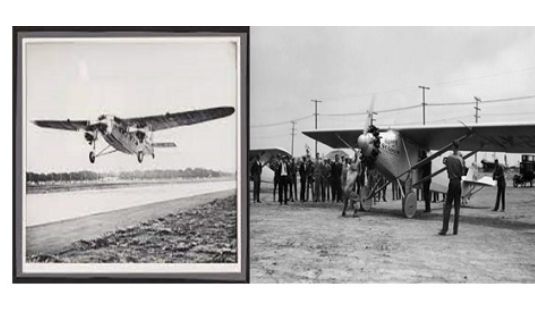The Easiest Ways to Get a UK Residence Permit in 2025

Getting a UK residence permit can seem like a complex process, but depending on your background, skills, or personal relationships, there are easier and faster pathways. This guide outlines the simplest legal routes to obtain UK residence, especially for those seeking long-term settlement.
1. Family Route (Spouse, Partner, or Parent Visa)
Easiest if you have close family ties in the UK.
If you are married to or in a long-term relationship with a British citizen or a person with settled status (like Indefinite Leave to Remain or permanent residency), you may be eligible for a Family Visa.
Requirements:
-
Relationship proof (marriage or cohabitation).
-
Financial requirement: combined income of at least £18,600 per year (higher if children are involved).
-
English language ability (A1 for first-time applicants).
-
Intent to live together permanently in the UK.
After 5 years on a family visa, you can usually apply for Indefinite Leave to Remain (ILR).
2. Skilled Worker Visa
Best for professionals with a job offer.
The Skilled Worker visa is one of the most straightforward routes for those with skills in demand in the UK. If a UK employer offers you a job and is licensed to sponsor workers, this path is open to you.
Requirements:
-
Job offer from a UK employer.
-
Role must be on the list of eligible occupations.
-
Minimum salary (usually £26,200 per year or £10.75/hour, or lower for shortage roles).
-
English proficiency (B1 level).
After 5 years, you can apply for ILR.
Note: Health and care workers (nurses, doctors, care assistants) have simplified processes and lower salary thresholds.
3. Graduate Route
Easiest for recent international UK graduates.
If you studied in the UK and completed a bachelor’s, master’s, or PhD, the Graduate Route offers a two- to three-year stay to work or look for work without needing sponsorship.
Requirements:
-
Completed a UK degree.
-
Valid Tier 4 or Student visa at the time of application.
This route is not extendable, but it gives you time to switch to another visa (like the Skilled Worker visa) if you secure a job.
4. Ancestry Visa
Best for Commonwealth citizens with a UK-born grandparent.
If you’re from a Commonwealth country and have a grandparent born in the UK, you may qualify for a UK Ancestry Visa.
Requirements:
-
Age 17+.
-
Proof of UK-born grandparent.
-
Plan to work in the UK.
-
Sufficient funds to support yourself.
You can stay for 5 years and then apply for ILR.
5. EU Settlement Scheme (for EU, EEA, Swiss citizens)
Still accessible in limited situations.
Although the deadline has passed for most people (after Brexit), late applications are still allowed if you had pre-settled status, family rights, or reasonable grounds for delay.
6. Investor, Innovator, and Global Talent Visas
Best for high-net-worth individuals or innovators.
These visas are more complex but can offer a fast-track to residency for:
-
Entrepreneurs with a scalable business idea.
-
Investors willing to invest £2 million+.
-
Recognized global leaders or innovators in tech, arts, or academia.
Final Thoughts: What’s the Easiest Route?
The easiest route depends on your situation:
| Situation | Best Visa Route |
|---|---|
| Married to a UK citizen | Spouse/Partner Visa |
| Skilled professional | Skilled Worker Visa |
| Recent UK graduate | Graduate Route |
| Commonwealth + UK-born grandparent | Ancestry Visa |
| Already in UK family member of EU citizen | EU Settlement Scheme |
If you’re starting from outside the UK, the Skilled Worker visa is generally the most straightforward and accessible route, especially if you’re in health, IT, or engineering sectors.
Pro Tips:
-
Always use the UK government’s visa checker for your specific case.
-
Prepare documents carefully—most visa rejections are due to paperwork errors.
-
Consider legal advice if your case involves complex family or immigration history.





